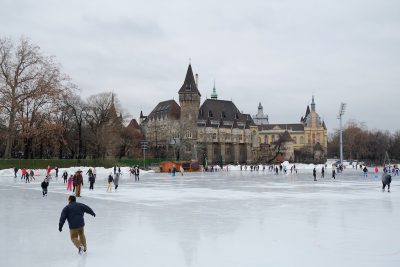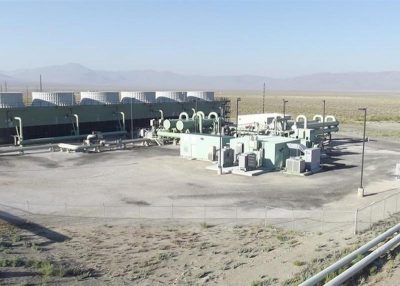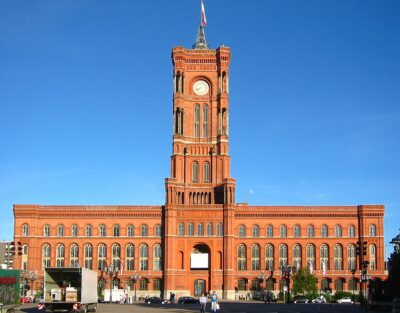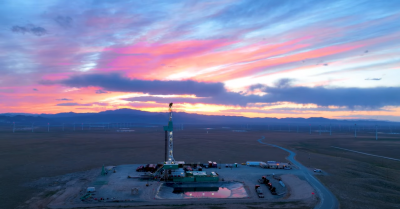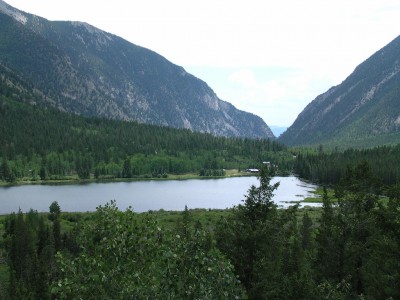Maryland bill proposes pilot networked geothermal heating project
The WARMTH bill proposes the implementation of pilot networked geothermal heating projects across underserved communities in the state of Maryland.
Lawmakers in Maryland have filed a bill that proposes the implementation of a pilot program that will establish networked geothermal projects in several underserved communities across the state.
House Bill 397, or the Working for Accessible Renewable Maryland Thermal Heat (WARMTH ACT), was introduced by Del. Lorig Charkoudian (D-Montgomery) and cross-filed by Sen. Katie Fry Hester (D-Howard and Montgromery). A committee hearing on the Senate Bill is scheduled for the 15th of February, while the House hearing will be on the 22nd of February. Charkoudian has expressed optimism about the passing of the bill.
Creating a model for household electrification
The WARMTH bill will offer funding for community organizers or neighborhoods where at least 200 people are willing to be a part of the pilot project. The community will then engage with a local gas or utility company who will apply for approval from the Public Service Commissions (PSC) to drill for geothermal boreholes.
The utility will pay for the upfront costs of building the networked system and recover these costs through rate cases at the PSC.
Charkoudian clarified that while WARMTH targets low-income communities, its benefits will extend to other neighborhoods. Geothermal networked heating is cheaper and more efficient, and the resulting savings will benefit all ratepayers.
Jamie DeMarco, Maryland director of the Chesapeake Climate Action Network, expressed support for the project. “We need to replace old pipes, but let’s not replace them with new gas pipes, but instead with networked geothermal and get every house on that block, all electric.”
The bill comes at a critical juncture where aging infrastructure in Maryland is due for replacement. “For as long as customers are drawing on our natural gas system, it’s important that we make appropriate investments [and] that we’re addressing leaks providing a safe product,” commented Charles Washington, vice president of governmental and external affairs for BGE, Maryland’s largest provider of electricity and natural gas.
The bill also prioritizes job security for current gas workers. “The skill set is already there. The operators are already there, the construction workers, the maintenance workers, the emergency responders are there to keep it safe and reliable, the outline is in place,” says Brian Terwilliger, assistant business manager for IBEW Local 410, which represents 1,400 BGE workers.
Decarbonizing the building sector
The WARMTH bill is also line with the Climate Solutions Act of 2022, a state mandate to cut greenhouse gas emissions by 60% by 2031 and attain net-zero emissions by 2045. According to a 2021 report, residential and commercial buildings account for 13% of the state’s carbon emissions.
Last summer, Charkoudian and a group of representatives from Maryland gas utilities, labor unions, and state agencies visited the pilot geothermal heating project in Framingham, Massachusetts to learn more about the potential of networked geothermal.
Source: Maryland Matters








